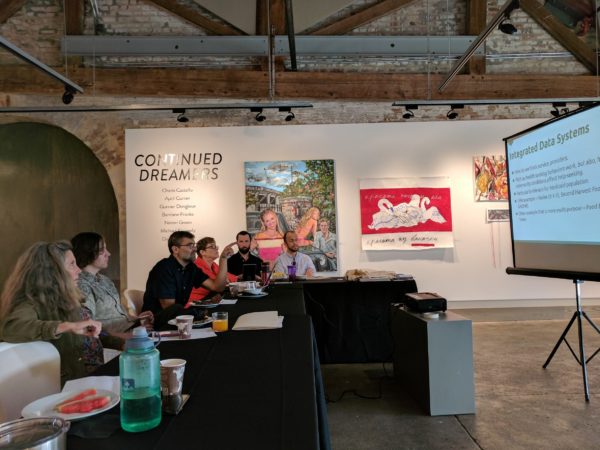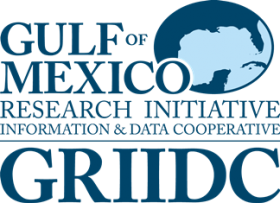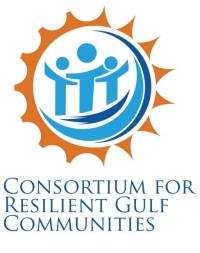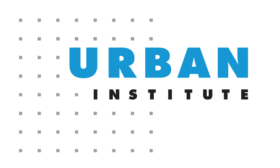Healthy Communities
Advancing health equity at the neighborhood level.Overview
LPHI’s Healthy Communities team collaborates with housing advocates, urban planning experts, social service providers, residents, and researchers to create healthier communities through improved data capacity and championing policies that promote vibrant, equitable, and adaptive environments. The need to collaborate with others is necessary, as much of what impacts a community’s health stem from conditions that may not or cannot be addressed at the doctor’s office.
Much of Healthy Communities’ work centers on how to use data from a wide variety of sectors to frame conversations and inform policies and ideas. The team works in a feedback cycle, which can involve outreach to convene key partners and identify important issues or concerns; technical assistance offerings for capacity enhancement/program development; and outcome-based evaluation and reporting to assess impact.
Programs and Initiatives

Consortium for Resilient Gulf Communities
Through their combined expertise, the Consortium provides information, tools, and resources to assist Gulf Coast communities in their efforts to become more resilient to adverse future events, including natural and industrial accidents. The RAND Corporation, Louisiana State University, Tulane University, the Louisiana Public Health Institute, and the University of South Alabama make up the Consortium’s diverse group of partners. As part of this partnership, LPHI assists the Consortium with communicating their findings to lay audiences and helping local communities determine what policies are needed to mitigate the impacts of future events.

Using data to address the social determinants of health
Mapping community needs is critical to determining what solution or policy could be most impactful to improving outcomes. The Healthy Communities team is committed to improving the data capacity of the communities it serves.
From 2016 to 2017, the team partnered with the Trust for Public Land and the city of New Orleans to develop a web-based data tool that identifies how the city and its most environmentally vulnerable neighborhoods will likely be affected by various climate change scenarios. The resulting Climate Smart Cities tool continues to inform the city’s fortification efforts against disaster and climate change. This includes building various urban infrastructure projects, such as new stormwater management systems.
Other data projects include the 500 Cities Data challenge, where LPHI is working with Bike Easy to leverage 500 Cities data for Kenner and New Orleans to inform Complete Streets planning and policies across the region.
Partner Organizations








